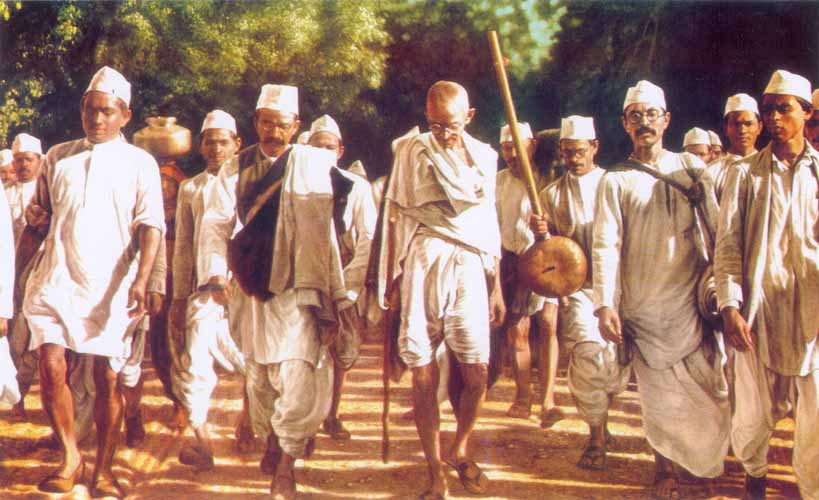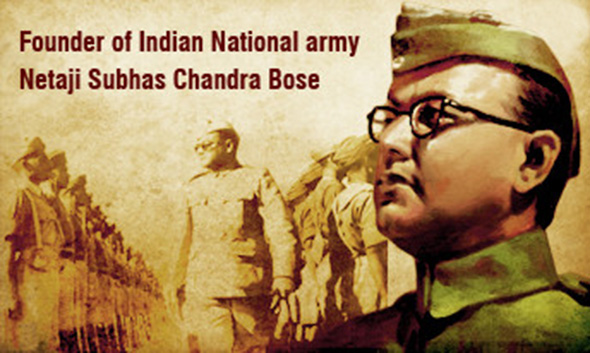What if your act of defiance was as simple as picking up salt?
Not a rifle, not a sword—just salt. That was the genius of Mohandas Karamchand Gandhi, the man who chose nonviolence as his weapon and shook the foundations of the British Empire with a handful of white crystals.
In 1930, India was simmering. The British Raj had choked the nation with oppressive taxes, including a cruel monopoly on something as essential as salt. Indians could not legally collect it themselves—even from their own coasts. They had to buy it from the British, who profited by squeezing a starving population.
Gandhi saw an opportunity. But it wasn’t about the salt.
It was about rebellion made visible, accessible. It was about turning everyday Indians into revolutionaries.
On March 12, 1930, Gandhi, then 61, set out on a 240-mile journey from his Sabarmati Ashram to the coastal village of Dandi, flanked by 78 followers. Over the course of 24 days, the number swelled. Villagers joined. Foreign journalists followed. The world watched as an old man in homespun cotton turned every step into a sermon against tyranny.
On April 6, he reached the Arabian Sea. Bent down. Scooped up natural salt.
That was it.
It was illegal. It was bold. It was enough.
The British dismissed it at first. “A children’s stunt,” they scoffed. But within weeks, salt protests had erupted across the country. Women boiled seawater to extract salt. Mass arrests followed—over 60,000 Indians were imprisoned, including Gandhi himself. But the damage was done.
The Dandi March had pierced the imperial armor.
It turned the Indian independence movement into a people’s movement. No longer was it confined to speeches in Congress halls or debates in Delhi—it was in the hands of the poor, the illiterate, the voiceless. It was simple, symbolic, and devastatingly effective.
And perhaps that’s the most threatening thing to an empire: a population that realizes its own power.
So why does the Salt March matter today?
Because it reminds us that resistance doesn’t always roar. Sometimes, it marches quietly, barefoot, armed with nothing but resolve. It shows us that civil disobedience, when rooted in justice and unity, can collapse institutions built on centuries of exploitation.
The British Empire survived World Wars. It couldn’t survive Gandhi’s salt.
So the next time you reach for your saltshaker, ask yourself—what invisible chains are we still allowing today? And what small act of defiance might just set us free?



